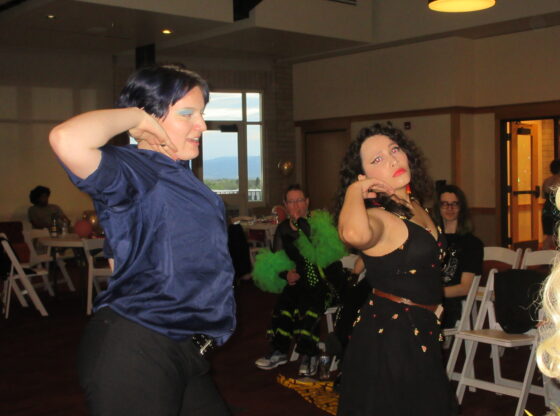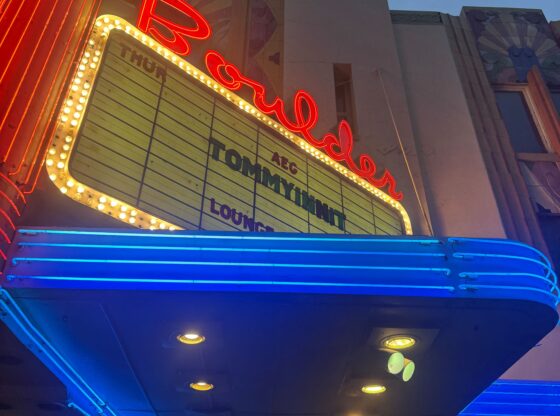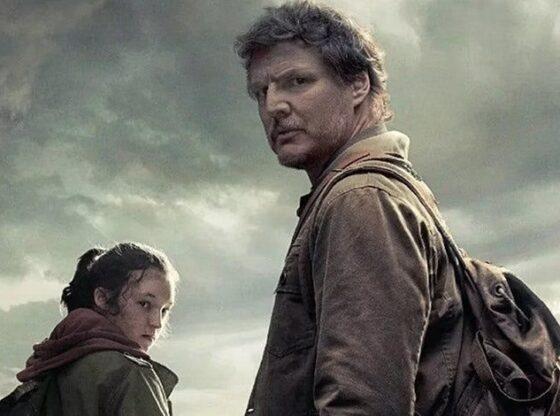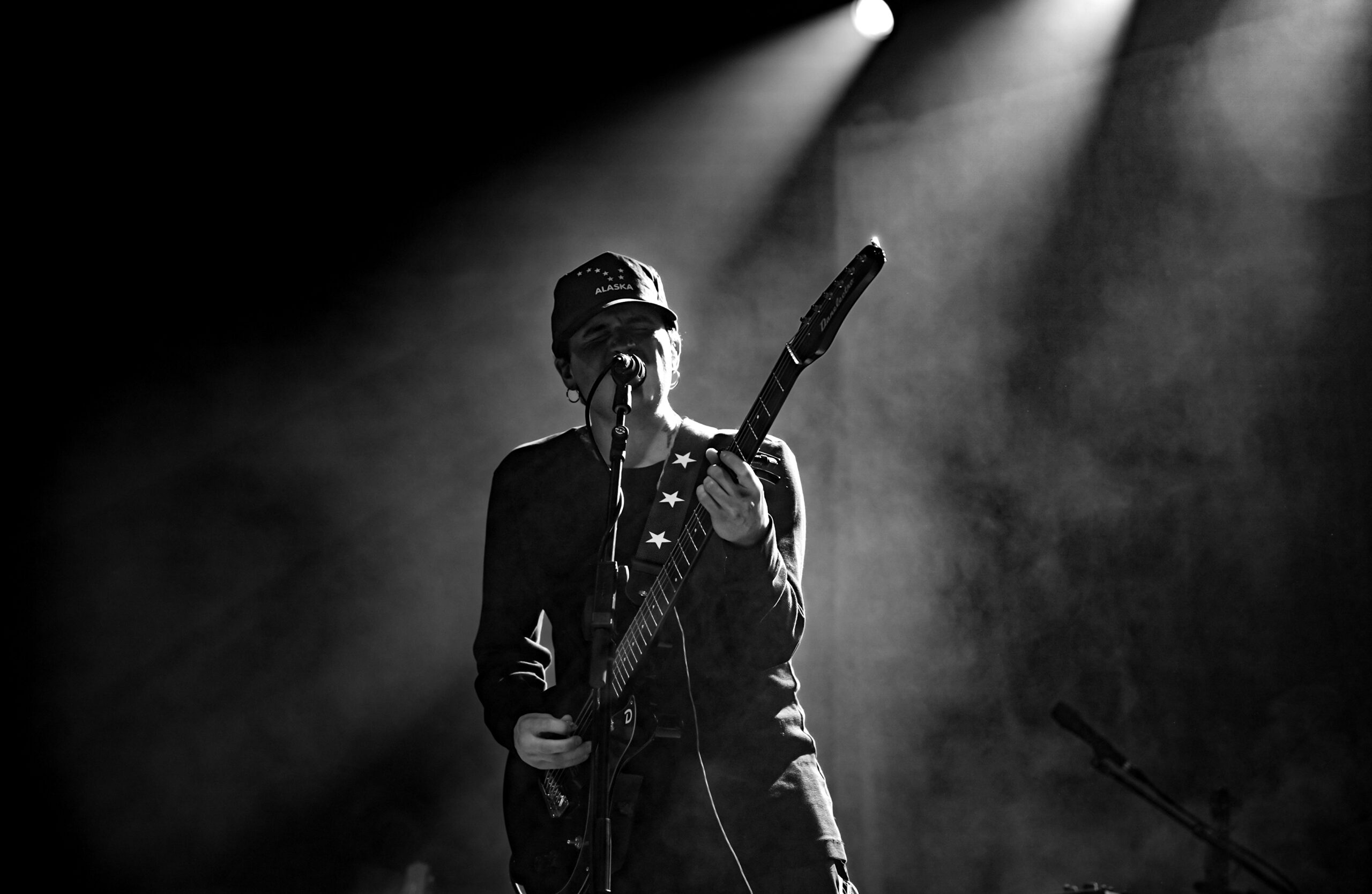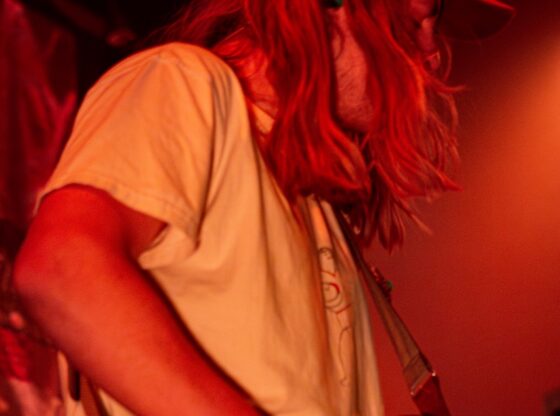When director Ridley Scott (“Blade Runner”) returned to the “Alien” franchise with the 2012 prequel “Prometheus,” he was attempting to inject the story of everyone’s favorite space monster with some heady philosophical questions. While the original “Alien” films were no stranger to themes deeper those typically found in the horror genre, tackling themes of sexual assault, motherhood and femininity, Scott wanted to use the Alien and its origins to explore what it means to be human, as well as what it means to create life. What resulted was a highly divisive thriller that was undeniably a visual marvel, but also drowned by a script that can only be defined as two hours of metaphysical babbling. With the direct sequel to “Alien: Covenant,” Scott and company have attempted to push the franchise back to its pure horror roots while continuing to address questions about the nature of life. The result is a more focused and raw film that nevertheless suffers from many of the same problems as its predecessor.
Following the crew of the Covenant, a colonization ship packed to the brim with thousands of couples ready to populate a new habitable planet, the film follows a structure very familiar to “Alien” fans. The crew is awakened by the ship after it is damaged by a neutrino blast. As they fix the ship, they receive a strange signal from a nearby system, and, distressed over the damages and loss of several colonists and the ship’s captain, they decide to check it out in hopes of finding the signal’s location habitable. After landing, it quickly becomes clear the planet is anything but welcoming.
It’s important to note here that despite a large cast, the only major players are Katherine Waterson (“Inherent Vice”), Michael Fassbender (“Prometheus”), Billy Crudup (“20th Century Women”) and sort of Danny McBride (“Tropic Thunder”). The rest of the cast is so forgettable, and their characters are so doomed and dumb that you’ll still wonder who they are even by the time they’re being torn to shreds. While Crudup and McBride are perfectly fine as a “man of faith” captain in over his head and a country boy pilot, respectively, it’s really all Waterston’s and Fassbender’s show here. Waterston’s scruffy and intense Daniels will draw obvious comparison to Sigourney Weaver’s (“Alien”) classic heroine Ripley. Though she isn’t given enough to do to reach the dizzying heights of that character, Waterson nonetheless brings a capable mixture of intensity and emotional openness to make the character stand her ground. Fassbender, playing two different robots, Walter and David (from the original film), is absolutely dynamite here. Scenes where he plays against himself are easily the most interesting moments in the film, giving Fassbender plenty of spicy dialogue to play with and account for the weakness of the film’s other characters.
Scott’s focus on Fassbender is where the film both improves upon and plays into the failures of “Prometheus.” David, who the characters find living alone on this new planet, sets up the film a as sort of gothic haunted house movie. It harkens back to the Hammer films of the ‘50s as he guides the crew through his creepy house of horrors, where he believes the Aliens to be his progeny. He spouts Byron and Shelley, putting the film into direct conversation with “Frankenstein,” but it doesn’t pretend it’s as meaningful as that work or its gothic brethren. It knows it’s simply a gory B-movie, and in that aspect it works. The corny philosophy works better here too, as the moody nature of the film makes it feel more sustainable, but taken subjectively it still makes little sense.
In the end, the movie is very much a continuation of the “Prometheus” legacy, albeit with some quality improvements. Scott’s direction is still beautiful, the Aliens are creepier than ever and Fassbender is on the top of his game. However, most of the characters are still shockingly dull, the plot too overstuffed and the philosophy a bit too on the nose. It’s an entertaining film, but whether it’s worthy of the “Alien” franchise is up for debate.



